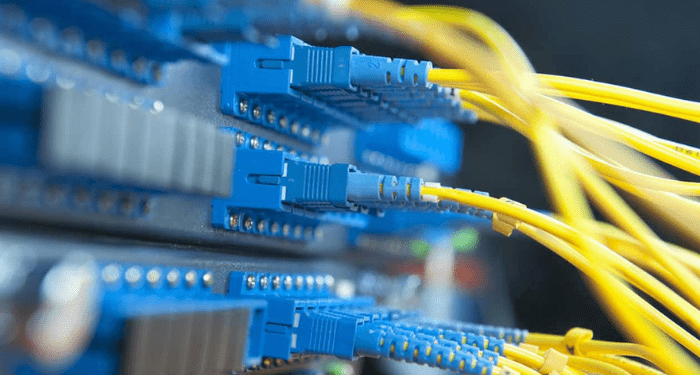The Federal Government of Nigeria has announced significant progress in establishing a Special Purpose Vehicle (SPV) aimed at expanding the nation’s fiber optic network by 90,000 kilometers. This initiative is expected to greatly enhance internet connectivity, particularly in rural and underserved areas.
Minister of Communications and Digital Economy Bosun Tijani highlighted a productive meeting with Development Finance Institutions and other stakeholders to discuss the SPV’s formation. “We had an extremely productive conversation to identify and outline steps towards setting up the SPV to build out 90,000 km of fiber optic connectivity across Nigeria,” Tijani stated.
The project, which follows the government’s approval in May, will see Nigeria’s fiber optic cable infrastructure expand from 35,000 km to 125,000 km, positioning it as the third-longest terrestrial fibre optic backbone in Africa. The SPV will manage the project’s implementation, finances, and operations, modeled on successful public-private partnerships like the Nigeria Inter-Bank Settlement System (NIBSS) and Nigeria Liquefied Natural Gas (NLNG).
This initiative aims to bolster the national internet backbone and optimize the use of the eight submarine cables landed in Nigeria. Minister Tijani expressed gratitude to the Minister of Finance and Coordinating Minister of the Economy, Wale Edun, the World Bank, and several other partners for their support.
“With this project, we are committed to fundamentally improving connectivity across the country and enhancing the lives of all citizens,” Tijani added.
The project is expected to include at least 50 percent of the 33 million Nigerians currently excluded from internet access, with a projected economic impact that could boost GDP by up to 1.5 percent per capita, raising it from $472.6 billion in 2022 to $502 billion over the next four years.
This expansion aligns with the National Broadband Plan 2020–2025, addressing priorities such as broadband connectivity, 4G deployment, and digital economy development. The plan aims to deliver data download speeds of at least 25 Mbps in urban areas and 10 Mbps in rural areas, covering at least 90 percent of the population by 2025 at a cost not exceeding N390 per 1GB of data.
Currently, about 71 percent of Nigerians lack regular access to mobile internet, according to a GSMA report, which recommends policy initiatives to reduce the cost and complexity of infrastructure rollouts to encourage investment and boost broadband adoption.










